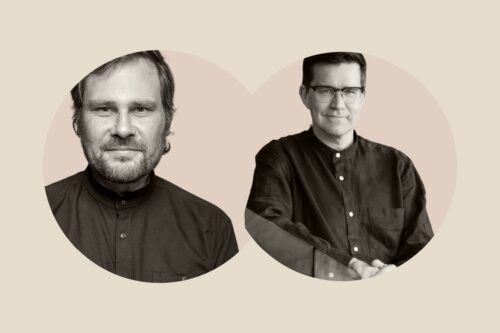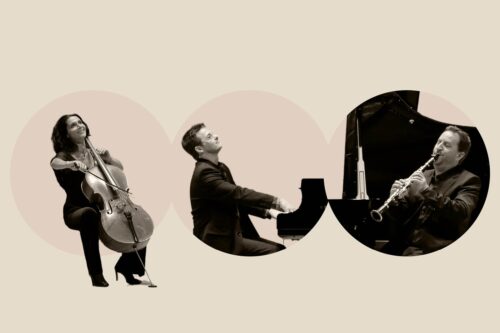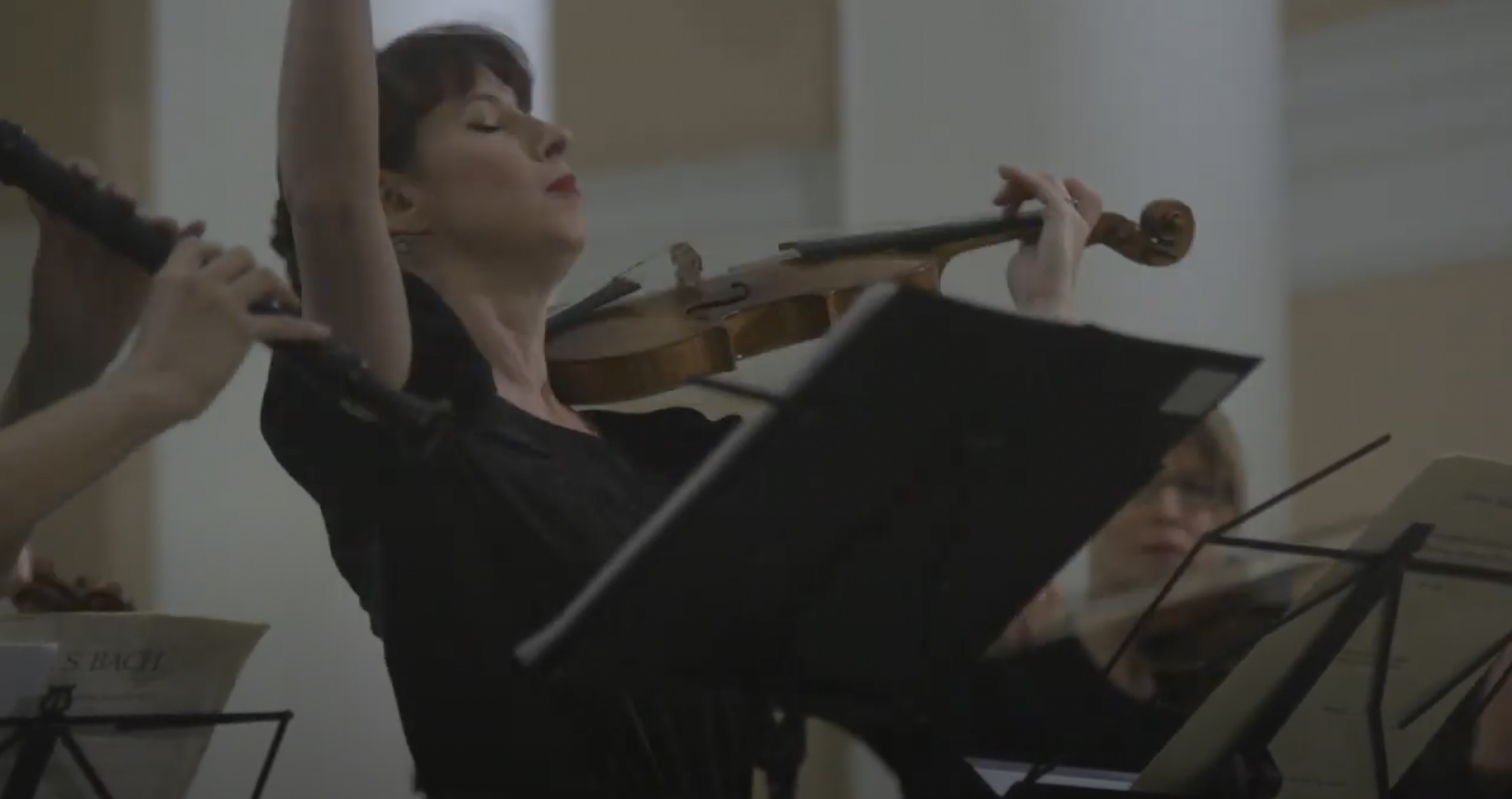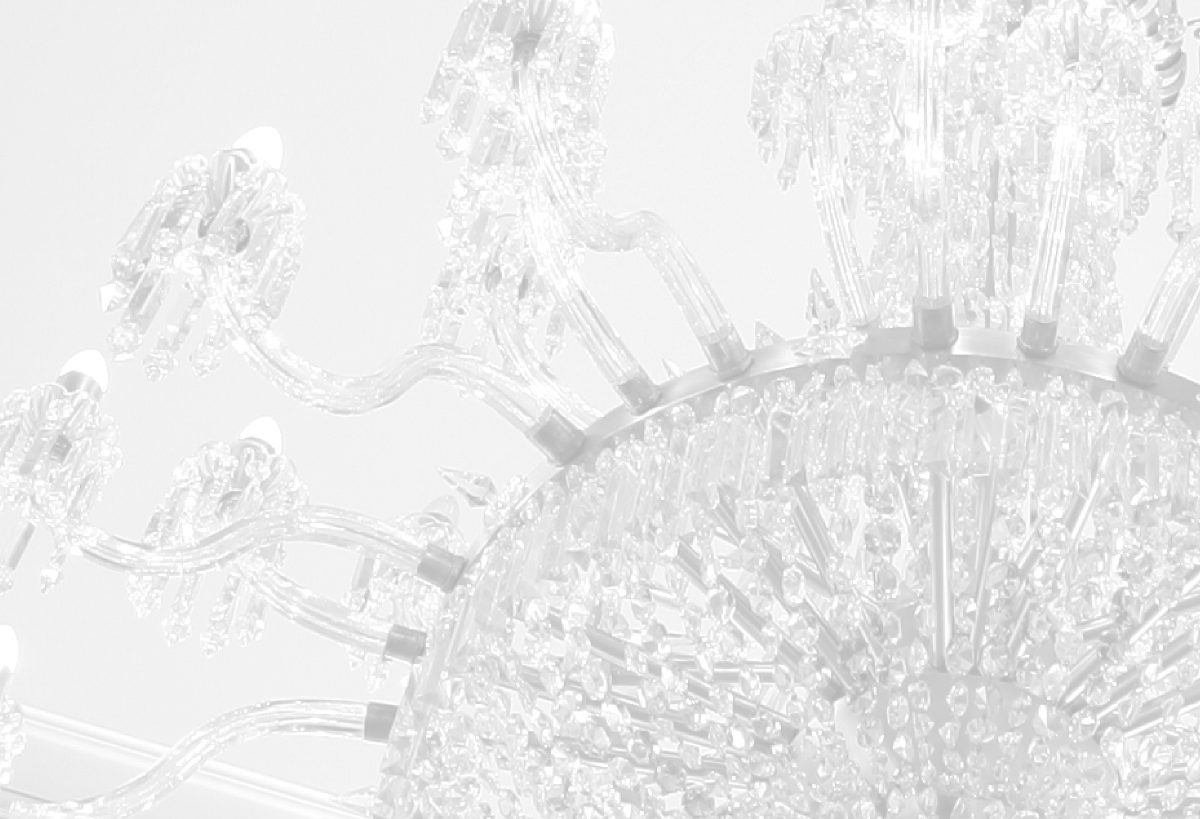
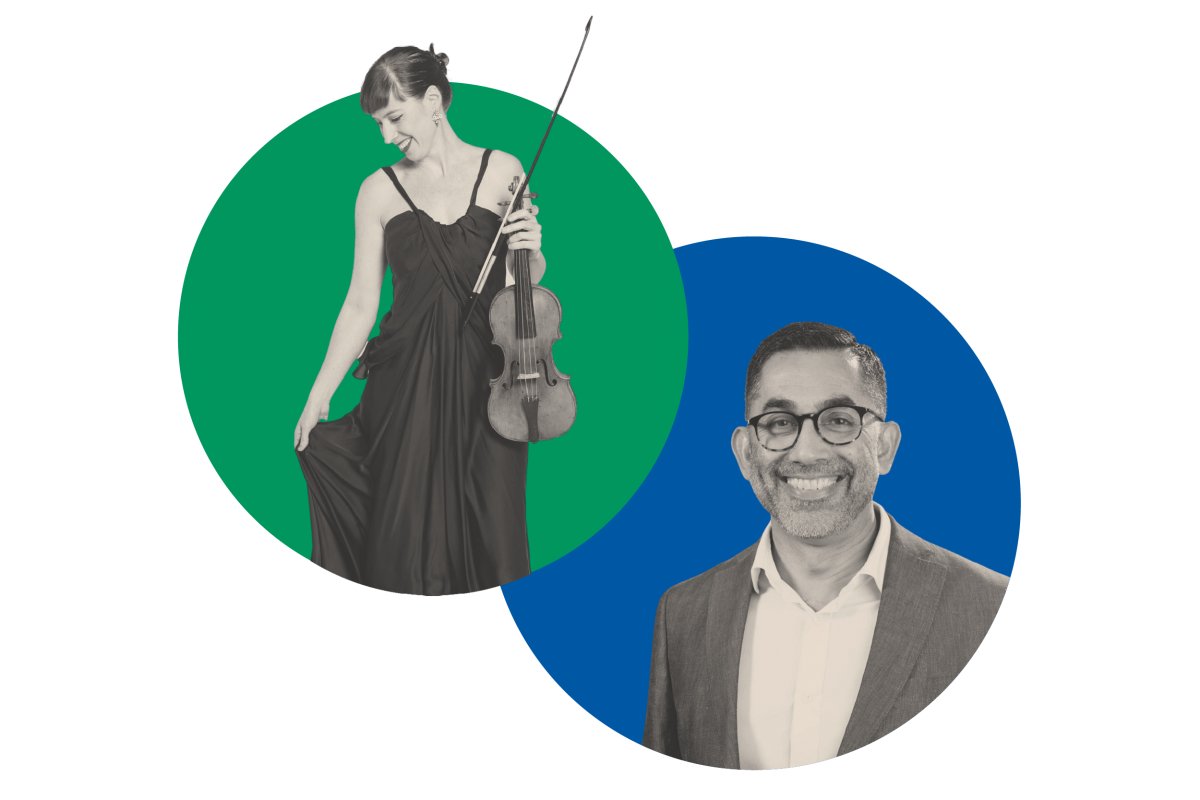
Bach Akademie Australia
IV
Thursday 11 May 2023
7:30pm
Hobart Town Hall
Musicologists and audiences alike have long been fascinated by Bach’s ‘Musical Offering’, and Easton takes up the story of one of his last and greatest instrumental works.
Its 16 movements are based on a theme given to Bach by Frederick the Great during a visit to the Prussian court in Potsdam. Frederick was a musician and composer of some skill as well as an avid collector of talent. He had been badgering his chief keyboard player, Carl Philipp Emmanuel Bach, to lure his father to Potsdam for a visit for several years – until finally the “old Bach”, as he was by then known, could no longer politely resist. Bach was then 62 years old, only three years from his death. Subsequently, the long trip from Leipzig would be his last journey. A fellow intellectual, the young King Frederick challenged Bach with a terrifyingly difficult theme and commanded him to improvise a fugue on the spot, which Bach duly obliged him. We will never know the extent of Bach’s feelings on his way back to Leipzig two days later, however we do know that the theme and the circumstances of the encounter did not loosen their grip on Bach. Exactly two months later, on July 7 1747, he sent an extraordinary work – ‘Die Musikalisches Opfer’ – to the king, containing not only a three part fugue, but also the seemingly impossible: a six-part fugue along with ten puzzle canons and a trio sonata. This magnificent work was the result of a single history-making encounter, where the old world collided with the new, the result being magnificent.
Ricercar a 6
Canon 1, a 2 cancrizans
Canon 2, a 2 Violini in unisono
Canon 3, a 2 per motum contrarium
Canon 4, a 2 per augmentationem, contrario motu
Canon 5, a 2 per tonos
Fuga canonica in epidiapente
Canon perpetuus super Thema Regium
Canon perpetuus
Quaerendo invenitetis
Canon a 2
Canon a 4
2. Allegro
3. Andante
4. Allegro
This was an evening of inspiration and revelation. Madeleine Easton’s delicate but firm and scholarly leadership brought to the stage a superlative performance of matchless repertoire.
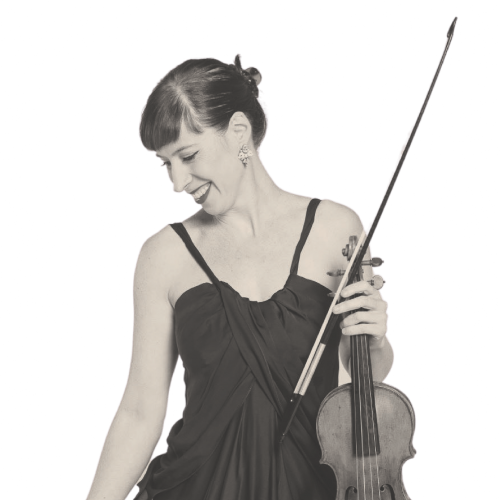
Madeleine Easton
Violin
The Australian violinist Madeleine Easton is internationally recognised for her versatility and expertise on stage. Throughout her career, a desire to combine period and modern playing has led to unique opportunities to work with a variety of ensembles worldwide. She performs internationally, appearing as soloist, concertmaster and director of some of the world’s most respected ensembles and orchestras.
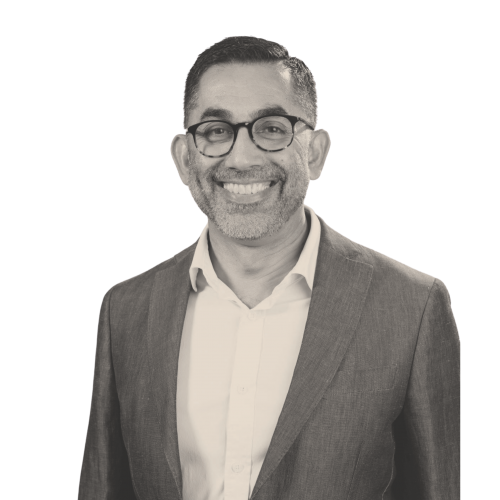
Neal Peres Da Costa
Harpsichord
Neal Peres Da Costa (born 1964) is an Australian harpsichordist, fortepianist and organist. He specialises in performance on historical keyboard instruments of the 17th, 18th and 19th centuries, for which he has gained international renown. He is a Professor and the Chair of the Early Music Unit at the Sydney Conservatorium of Music at the University of Sydney. Neal Peres Da Costa was born in Bahrain, then part of the Trucial States, to parents from Goa, India. His family moved to Australia when he was five years old.
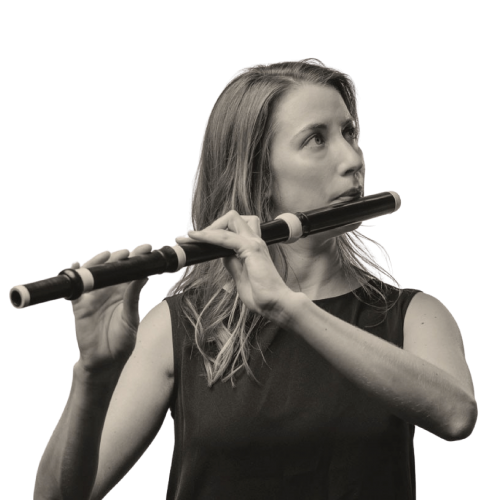
Mikaela Oberg
Flute
Born into a musical family in Sydney, Mikaela began her studies on the recorder and flute at an early age. She completed a double degree in performance and music education at the Sydney Conservatorium of Music in 2007 where she also began her studies on the Baroque flute with Melissa Farrow.
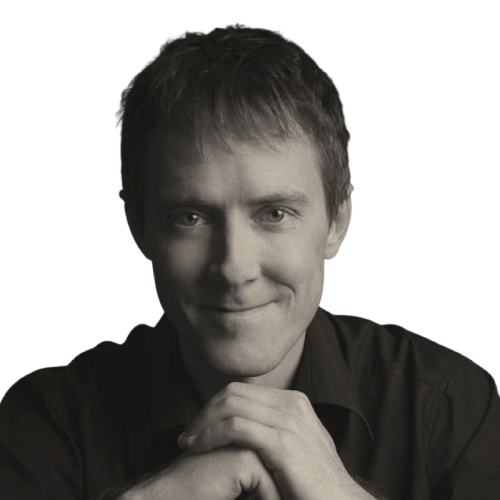
Daniel Yeadon
Cello/Gamba
Daniel Yeadon is a British-born Australian cellist and viola da gambist. Together with his partner Neal Peres Da Costa and artistic director Richard Tognetti he won the 2008 ARIA Award for Best Classical Album for the album Bach: Sonatas for Violin & Keyboard. Yeadon is a member of Florilegium and has released albums performing with Da Costa, Genevieve Lacey, Pieter Wispelwey and Richard Egarr, amongst others.

John Ma
Violin
John Ma is a Violinist/Violist and Viola d’amore player specialising in Early Music. He has performed in various roles with enembles around the world including Amsterdam Baroque Orchestra (NL), Orchestra of the Age of Enlightenment (UK), Academia Montis Regalis (IT), and in Australia with Pinchgut Opera, Australian Brandenburg Orchestra and Australian Haydn Ensemble.
